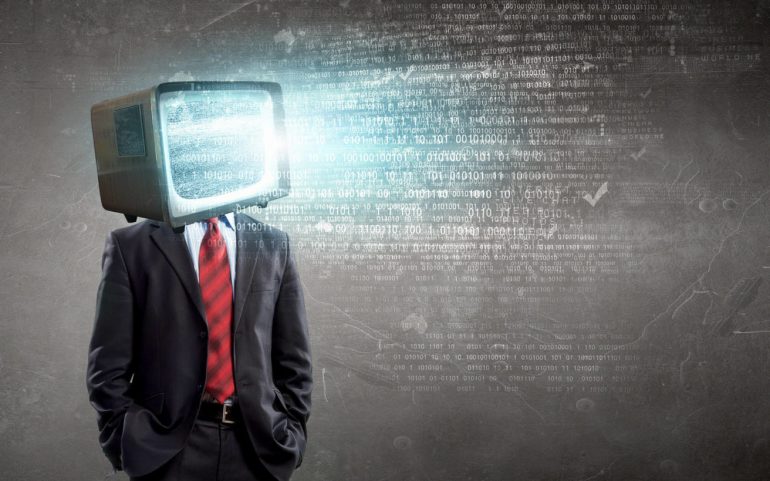Have you ever watched a movie in the cinema and suddenly felt a tingling sensation?
Or sit comfortably on your couch watching TV and mysteriously feel the need to buy a new car?
The idea that the buying public could be influenced through messages that our conscience does not detect was indeed one of the most intriguing bets in consumer psychology.
The association of a product with images and sounds of special interest that do not catch our conscious mind may have made the consumer rush to buy it, advertisers and marketing theorists have speculated at some point.
When we talk about subconscious advertising, however, we mean something slightly different, a targeted and instantaneous message, a form of communication so fast that the conscious cannot take over, and so it inevitably passes into the structures of the unconscious.
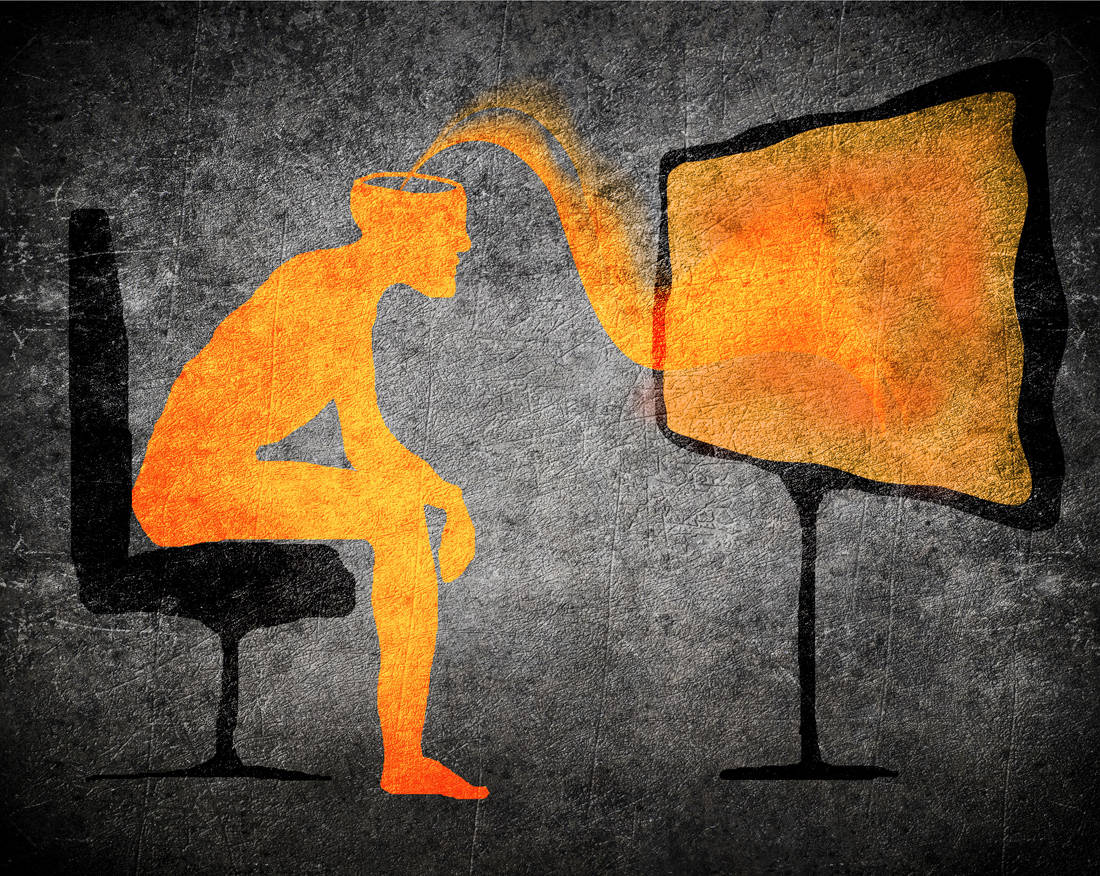
Something like hypnotism that is, with hidden messages in movies, TV spots, and even logos, inscribed in the dark basements of our minds. And all this for the purpose of an action, the triggering of a desire on your part that you do not know why you want it, but you want it with fury, here and now!
As early as the 1950s, the golden decade of the subject we are discussing, public discourse revolved around the fear of this unconscious influence: words, images, and sounds that flash in the cloth or glass and have the power to trigger predetermined behaviors. , from product consumption to political preference.
But were these fears based or was the whole subject of subconscious advertising always more myth rather than reality? The answer, whether you believe it or not, is both yes and no! The way the story is presented and the omnipotence of subconscious advertising is still pulled by the hair, but at the same time this type of campaigns have the power to do what they promise. Even in part.
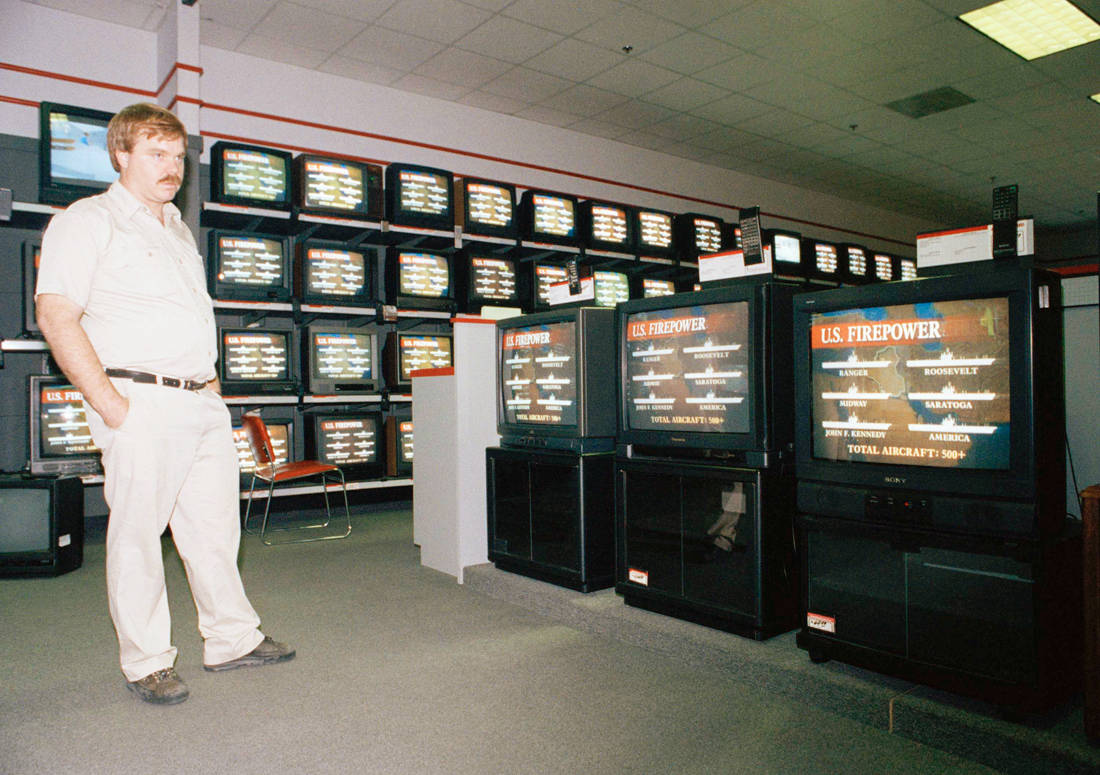
And a note here, enlightening enough about our subject: the stimuli that go unnoticed by our brain in a waking state are divided into two types: those that are hidden in others (a great example here, the masked word "sex" in the ice for alcohol) and those that are displayed so quickly on the screen that the mind does not capture them.
Physiological studies have shown that anything projected at a time of 3 milliseconds is prevented by humans, but they do not realize it. But whether we are talking about hidden messages or instant messages, their common feature is that we do not know that we are seeing them. And this unconscious stimulus affects us to a level that escapes our perception.
But can it trigger the desired behavior each time?
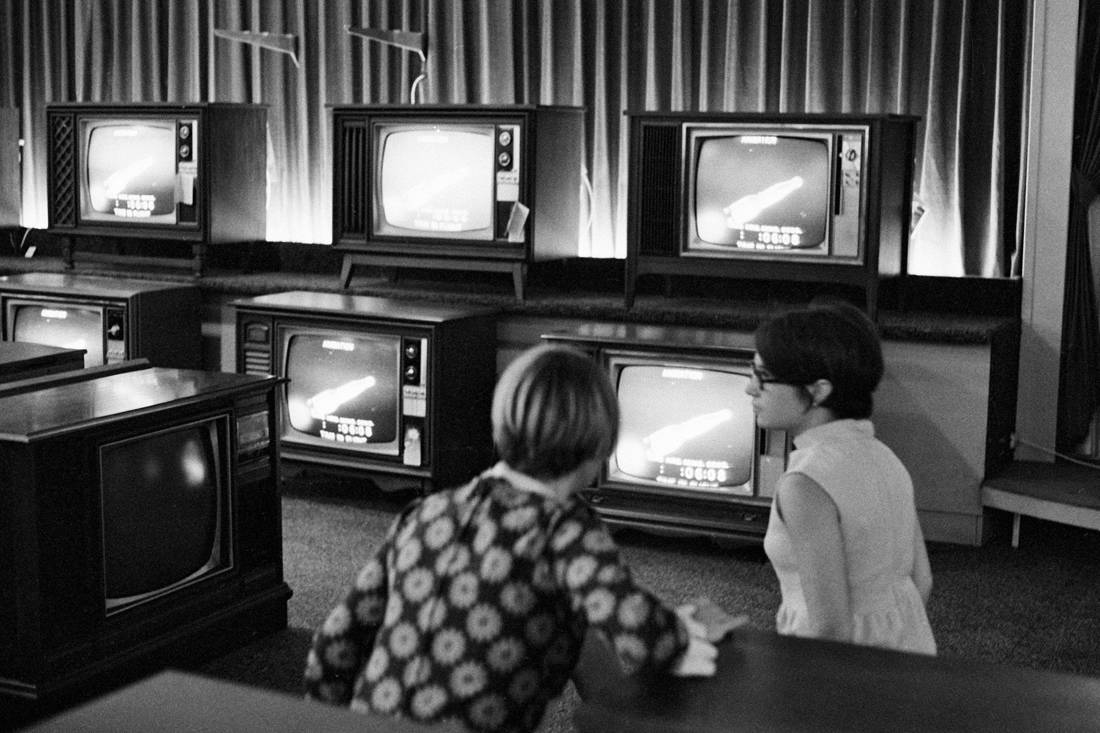
The diary was written on September 12, 1957 when a social psychologist convened a press conference. Marketing researcher James McDonald Vicary shocked reporters when he happily told them that subconscious advertising was a fact.
Vicary had the slogan "Drink" presented to moviegoers in a flash. Coca-ColaAnd "Are you hungry?" Eat popcorn "and they did exactly what they were told: popcorn sales increased by 18,1% and Coca-Cola by 57,7%! "She, gentlemen," he emphatically declared, "is the power of subconscious advertising."
The researcher claimed that in his experiment he had exposed 45.699 New Jersey moviegoers to subconscious messages at a speed of 0,003 seconds and the results of his test were triumphantly passed to the fine.
Vicary believed that people on both sides of the Atlantic would applaud the effectiveness of his technique. After all, annoying TV and movie ads could very well be replaced by these subconscious messages, that is, profit for all. Only no one enjoyed it, just as much. An American magazine hastened to describe the general outcry as follows: "Welcome to 1984!".
Even the ubiquitous CIA entered the game and the following year prepared a study ("The Business Dynamics of the Subconscious Mind") on her own plans for subconscious messages and brainwashing. The only problem; How it was all lies!
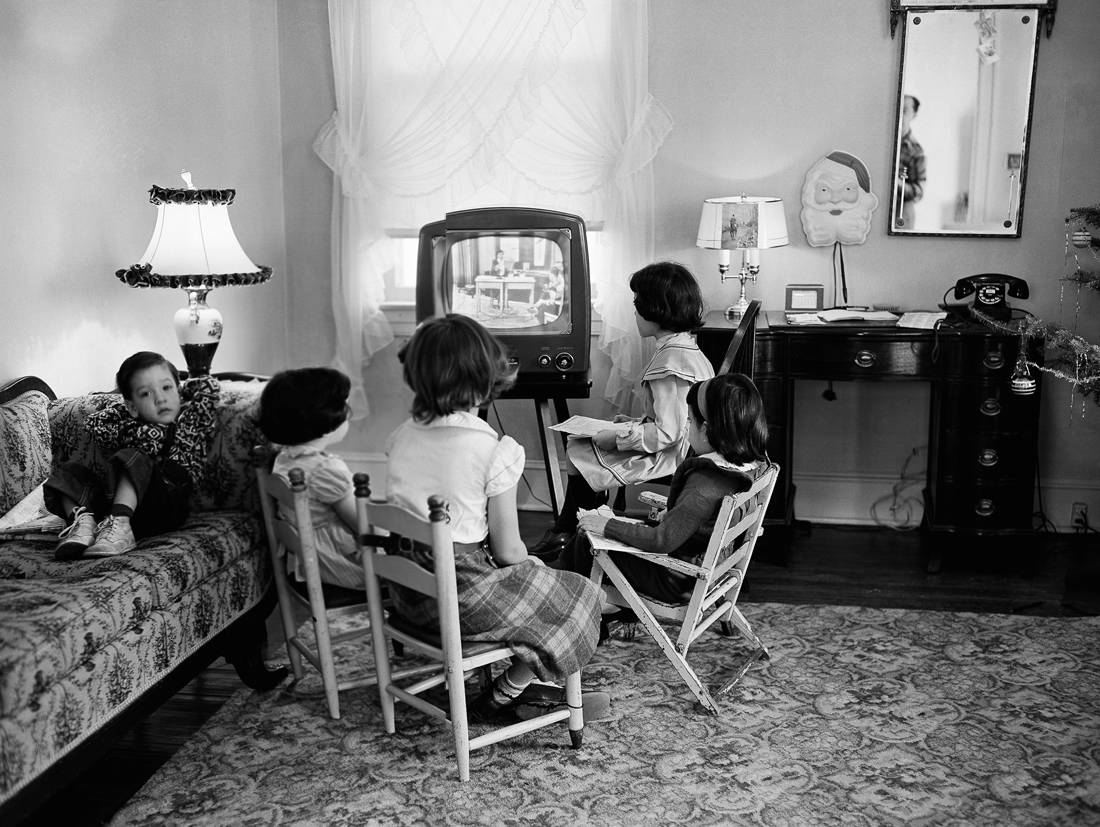
The conspiracy began to be revealed when the director of the cinema where the study was supposed to be revealed revealed to "Motion Picture Daily" that the experiment had no result. This was confirmed a little later by Vicary himself, that his conclusions were not statistically significant and that the sample was left small for correlations.
Worse still, in 1962 he admitted in an interview that the experiment had never been done, it was "just a ploy", as he said, to bring customers to his advertising that was failing financially. His study was archived by the University of Connecticut and would have ended there if there had not been a major development in the meantime: the US federal government was quick to ban the subconscious advertising!
The social upheaval was so frightening that it was banned without much fuss, that is, before it was controlled by other sources and scientific bodies. Despite its ineffectiveness, however, subconscious advertising would not go down in history. On the contrary!
Maybe there is something here, thought every self-respecting advertiser since then and set out to check it out. Subconscious advertising would not only not die, but it would also become one of the hottest moral and legal issues of the new era.
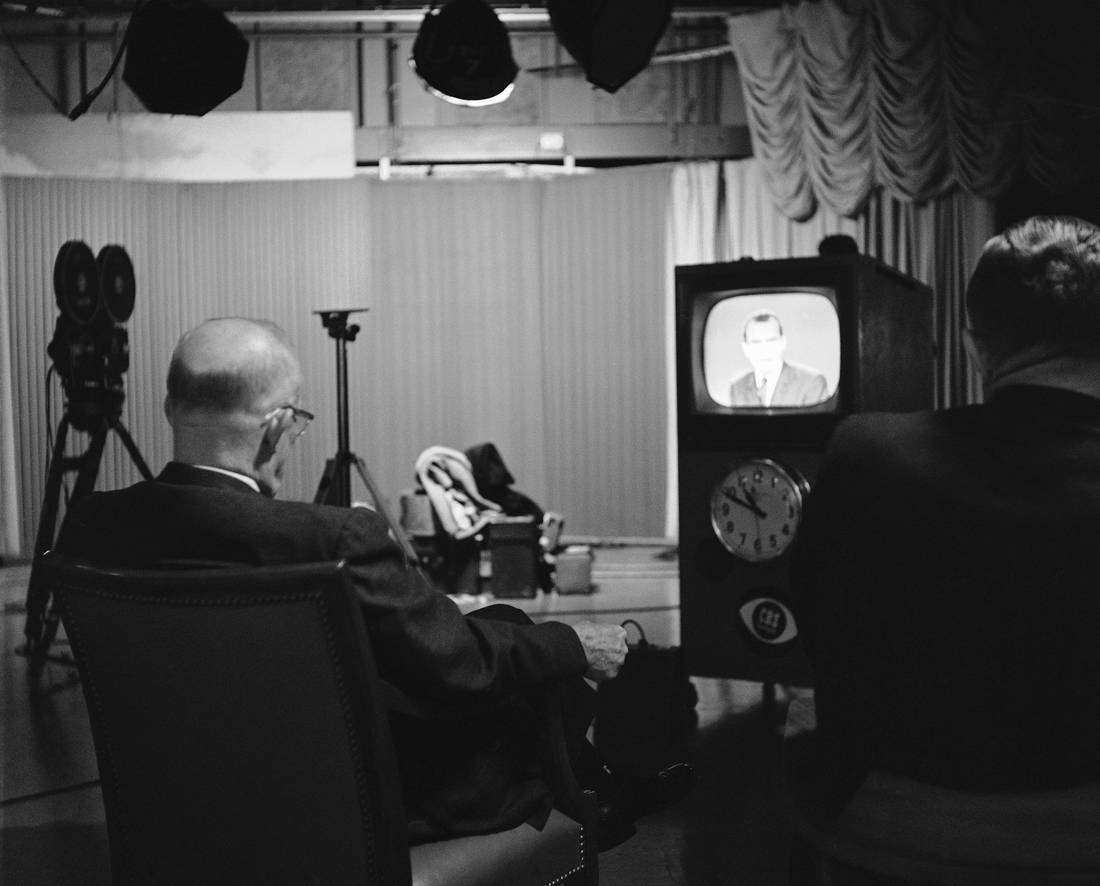
Today it is difficult to assess the social and scientific fear caused by Vicary's allegations. We are talking about a real panic, to which a number of countries (including England and Australia) have responded by banning these instantaneous flashes of message on cloth and glass.
Social psychology has since repeatedly shown that this way of subconsciously advertising with lightning stimuli has a limited impact on the consumer.
Her greatest scientific triumph came in 2006, when a team of experimental psychologists (Johan Karremans, Jasper Claus and Wolfgang Stroebe) of the University of Utrecht managed to make subconscious messages work more efficiently than ever before, under strict laboratory conditions and on the basis of a number of factors and variables that do not exist in the real outside world. .
Despite the fears of the world and the crowns of the conspiracy internet, subconscious advertising the way Vicary wanted it never worked. Except under strict laboratory conditions, it can neither reproduce its power nor be mobilized on a mass scale.
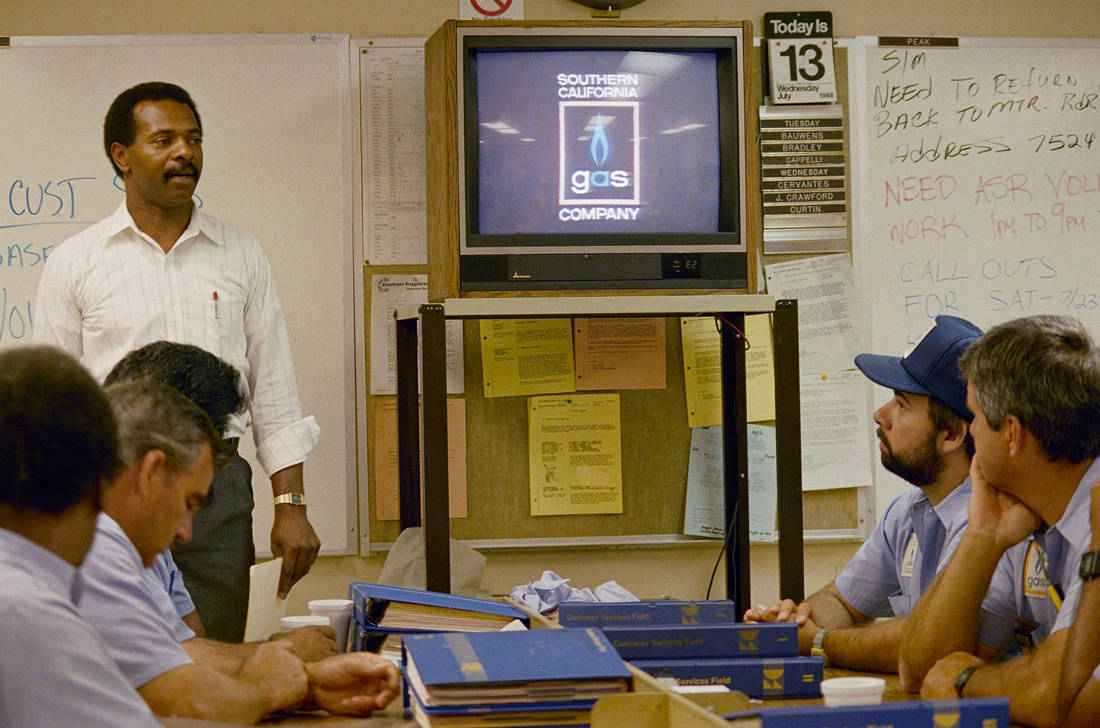
The comedic tragedy of the case is that the impact of subconscious advertising on the world has its origins in Wilson Bryan Key and his now infamous book "Subliminal Seduction". If you pay attention, you will see that most of the conspiracy theories about the omnipotence of subconscious advertising cite this as the primary source.
Ante and Vance Packard, author of the also classic "The Hidden Persuaders", which was published the following year by Vicary's study and laid the groundwork for how advertisers have complete control over the customer's mind by aiming at unconscious paths. Packard's brilliant claims about the new and extremely dark power of advertisers have led him to portray the public as helpless puppets in the skillful hands of subconscious marketing.
They generalized in the mid-1970s the idea that subconscious messages are abundant in advertising and force consumers to buy everything hypnotically. Their books had a significant impact on their time and even triggered prosecutorial orders. Only they are not based on science studies or work experience and now both have been more than adequately deconstructed.
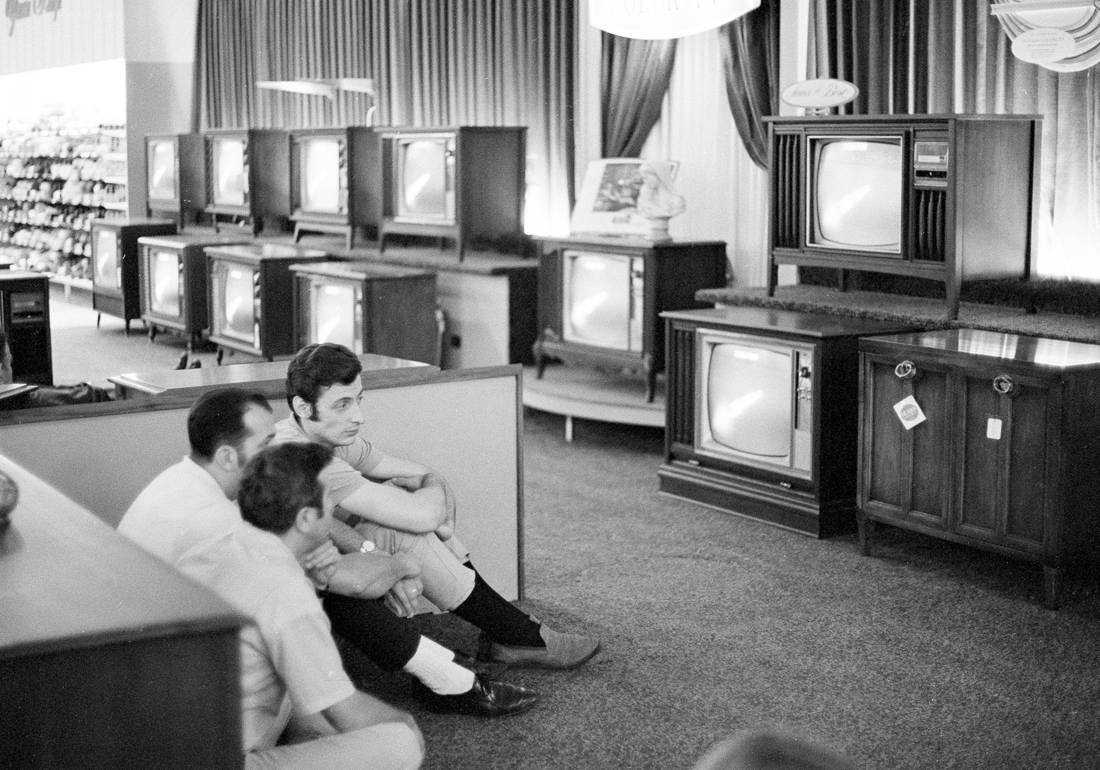
Undoubtedly the most popular, and undoubtedly darkest, moment of subconscious advertising came in July 1990, when the legendary heavy metal Judas Priest band would pass a test different from the others. Two young boys, aged 18 and 20, attempted suicide (one died) with a shotgun in 1985 while listening to a record, and the band was dragged to Nevada court for subconscious messages allegedly hidden in "Better by You, Better". than Me ”and pushed the youth to self-manipulation.
Who were the lawyers of the family of the unfortunate young man who sued the band, claiming $ 6,2 million? But the expert in subconscious advertising Wilson Bryan Key! The three weeks of the hearing were effectively turned into a trial against the subconscious messages, the sober judge finally acquitted Judas Priest as the technical analysis of the song did not show anything wrong…
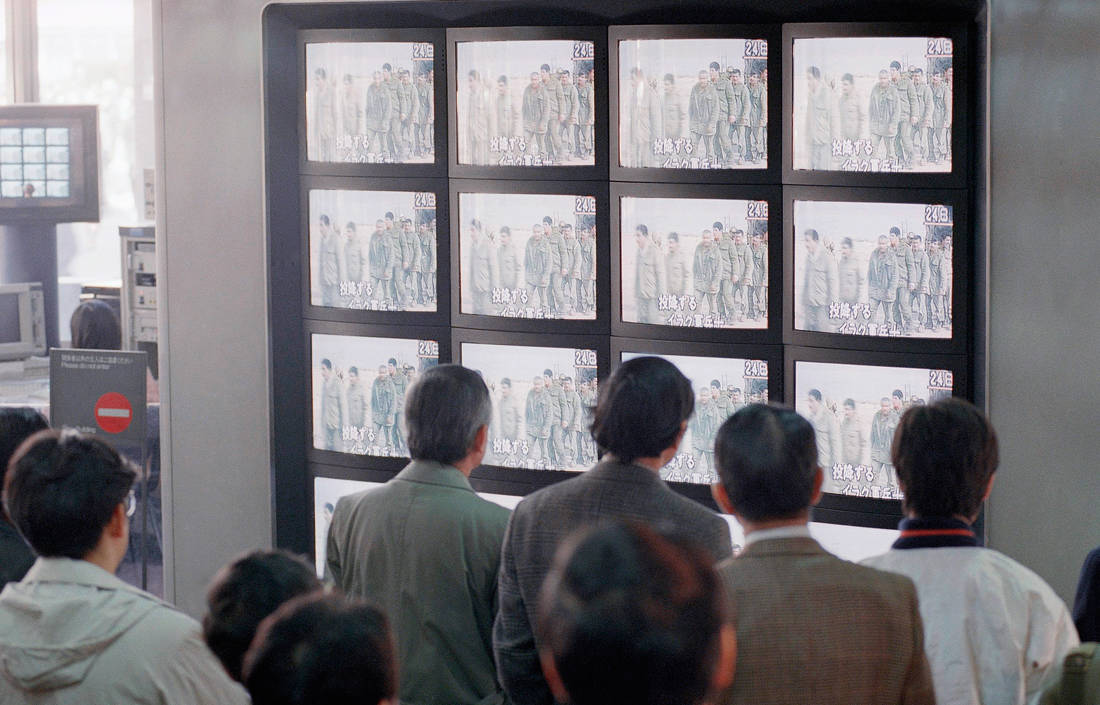
Science is here to dispel the often suspicious confusion: subconscious mental processing exists and has been proven experimentally. But the fact that one takes on something unconsciously (a message, an advertisement, a stimulus), means few things in itself. And definitely not consumer behavior. And even more definitely, not hypnotized consumer behavior.
Consumer research has also shown that there is no inherent advantage to subconscious advertising over traditional advertising. The echo of her fear draws its origins from quite old times, but it targets things over time. After all, how do you deal with a type of influence to which you are not even aware that you are exposed?
It all comes down to a fake research and a book from the 1950s that completely unfoundedly overemphasized the power of advertisers over the helpless consumer audience. The funny thing is that these are not new things, the tragic one even today (relatively recent research on USA) 3/4 of the people have heard of the creepy technique and half already feel that they have pressed it!
The modern conspiracy theorist has naturally folded and even cites scientific research, only he conveniently forgets to talk about the strict conditions and criteria of the results. After all, the term "subconscious advertising" has come to refer to everything.
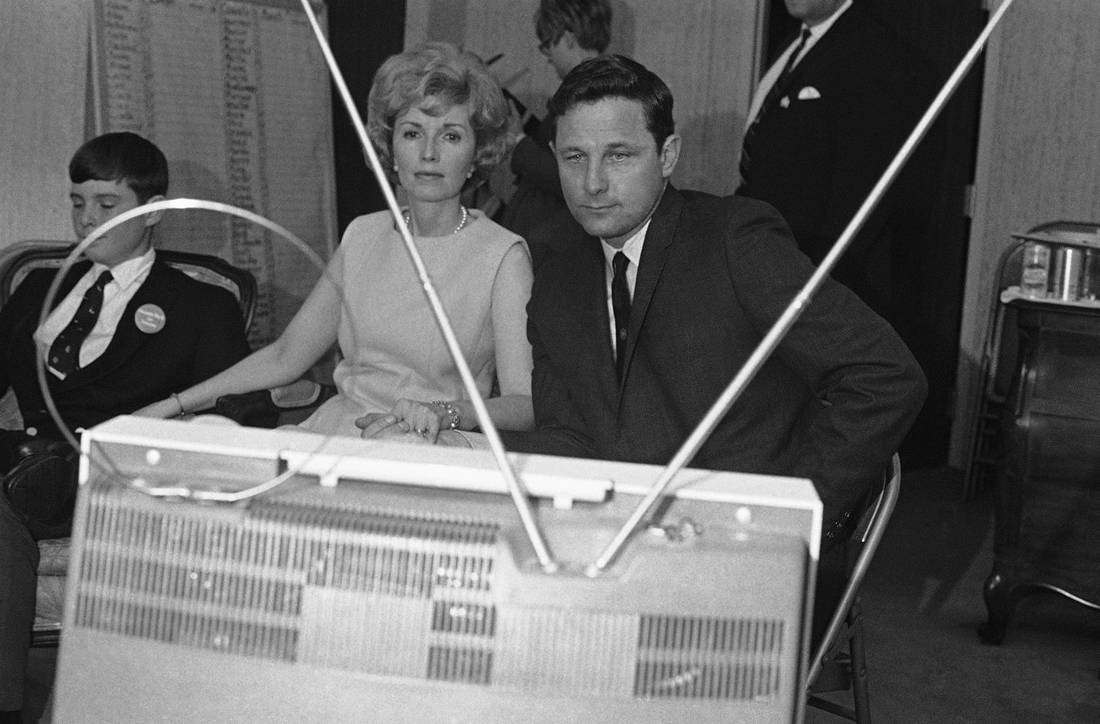
However, as we have said, this does not mean that the consumer cannot be unknowingly influenced. A study-station here showed that when words associated with thirst appeared subconsciously to the subjects of the experiment, they then drank more. Although they did not say they were more thirsty.
Stimuli that we do not realize can affect our consumer behavior. A similar experiment in a wine cellar showed that customers bought more German wines when German music was played in the shop and more Italian when the melodies were Italian. None of them could then recall what kind of music he had heard.
This kind of subconscious marketing, however, has nothing to do with the lightning fast projection of images and sounds. It is not brainwashing the way the 'pioneers' of the' 50s wanted it. Returning to the thirst experiment, which is now widely quoted on conspiracy theories, they conveniently forget to tell us that people actually drank more after the words they saw, only those who were already thirsty did so. The big footnote of the experiment that is.
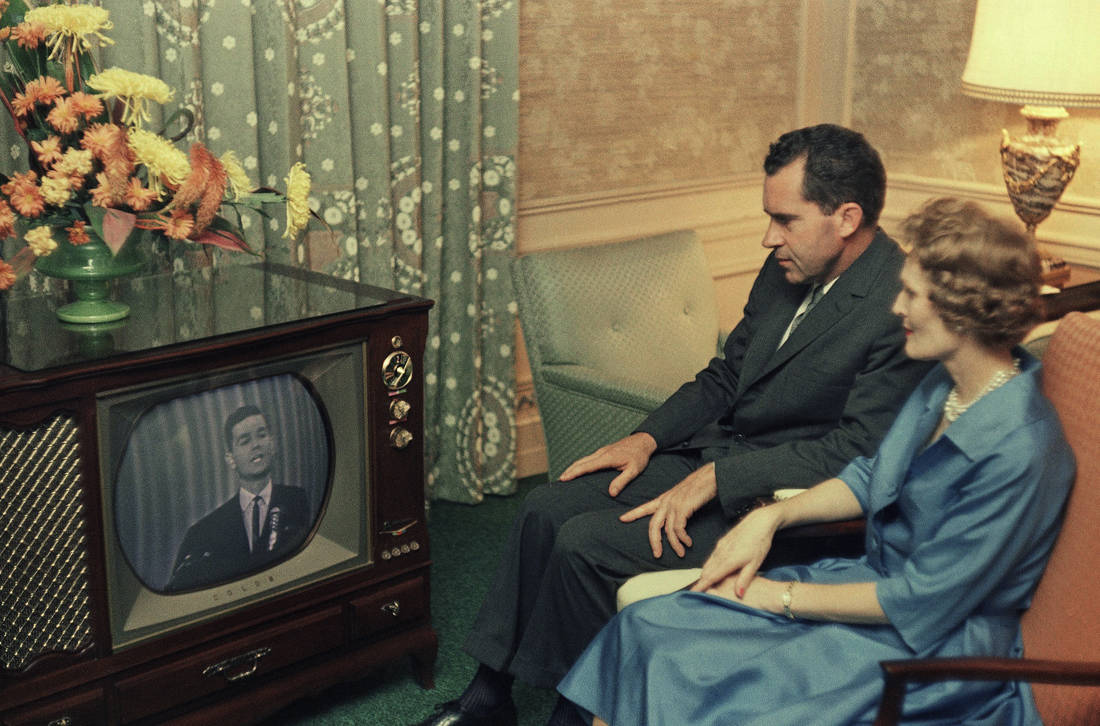
Social psychology now tells us that in order for a subconscious stimulus to be effective, it must target specific needs and be done in specific ways. To be already thirsty to be more thirsty that is. In this sense, subconscious advertising can work, but its impact is still limited.
And it is certainly not the universal and dark way that makes us all run to buy products we do not need or vote for parties that do not fit our political preferences. That was and is fairy tale.
It is one thing to make a bunch of thirsty people drink more than a soft drink you offer them for free and it is another to make them run to a movie break to buy Coca-Cola!
